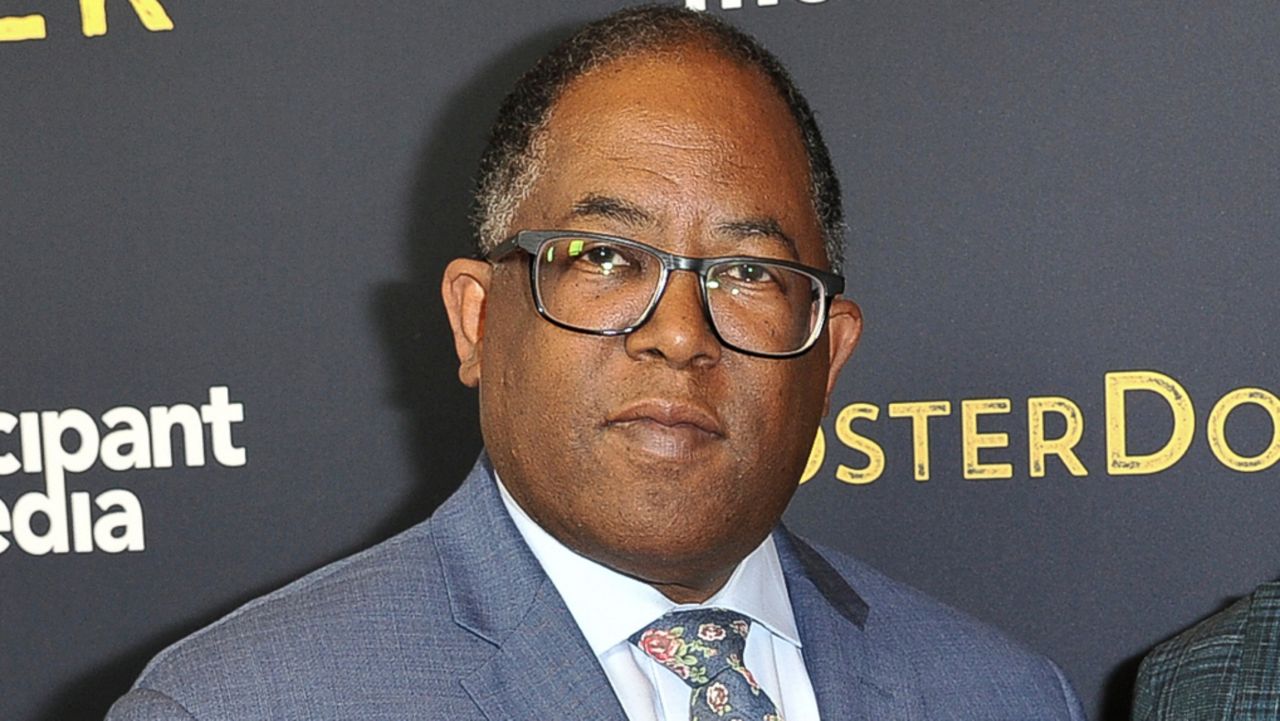LOS ANGELES (CNS) — City Councilman Mark Ridley-Thomas, who was suspended from office following his indictment on federal corruption charges, proved Thursday he is sidelined but not silenced — sending his colleagues a letter weighing in on homelessness issues facing the city.
In the letter, Ridley-Thomas advocated for his "Right To Housing" agenda, expressed concern about the enforcement of the city's new anti-camping law and opposed the cancellation of recent Homelessness and Poverty Committee meetings.
Ridley-Thomas was suspended by the council on Oct. 20 by an 11-3 vote. Shortly after his suspension, he pleaded not guilty to federal bribery and conspiracy charges stemming from his time serving on the county Board of Supervisors.
Before his suspension, the councilman said he would not resign and would continue to focus on addressing Los Angeles' homelessness and housing crisis. He later said he would step back from attending meetings, but remain in office.
City Council President Nury Martinez, who introduced the motion calling for Ridley-Thomas to be suspended from office, could not be reached for immediate comment about the suspended councilman's letter.
In the letter, Ridley-Thomas said he penned the missive to "express my deep concerns about the direction that the Los Angeles City Council has taken to address the homelessness crisis in the past two weeks concurrent with my absence from Council meetings."
Since Oct. 20, the council has voted to enforce a new anti-camping law at 69 locations: 15 in Martinez' District 6; 26 in Councilman Bob Blumenfield's District 3; 11 locations in Councilman Joe Buscaino's District 15; and 17 locations in Councilman Paul Krekorian's District 2.
"While the enforcement process is being advanced by the Council, the necessary steps have not been taken to ensure accountability, transparency or effectiveness to demonstrate that the Street Engagement Strategy has been fully implemented before any enforcement is approved at any particular location or locations," Ridley-Thomas wrote. "If the city cannot clearly show the public that meaningful street engagement took place at each location — and that the offer of suitable housing was made and unsheltered residents at that location have been placed into suitable housing — all of the efforts to implement a balanced approach to address street homelessness will be for naught."
The law, which went into effect Sept. 3, prohibits sleeping, sitting, camping and obstructing the public right of way in several areas of the city, including within 500 feet of "sensitive" facilities, including schools, day care facilities, parks and libraries.
It can be enforced once the council passes a resolution to designate a specific area for enforcement, posts signage and gives notice of the date that the ordinance will be enforced for the area.
Following a resolution's passage, people have 14 days to leave the area once signage is posted, during which outreach will be conducted.
On Sept. 14, the City Council approved a street engagement strategy that provides outreach teams to deploy to areas chosen for enforcement once a resolution is introduced. The teams, once staffed, will assess the encampments, determine how long engagement will take place, collaborate with city and county departments, as well as nonprofits, and connect encampment residents with services and interim and permanent housing placements.
Councilwoman Nithya Raman and Councilman Mike Bonin voted against the resolutions, saying the full street engagement strategy had not yet been implemented.
In his letter, Ridley-Thomas also advocated for a "Right To Housing" in Los Angeles, which he has repeatedly called for as chair of the Homelessness and Poverty Committee. He said he was planning to hold a "robust discussion" on establishing a Right To Housing during Thursday's Homelessness and Poverty Committee, which was canceled along with all of its meetings since Ridley-Thomas' indictment on Oct. 13.
"I am disheartened to see that all October Homelessness and Poverty Committee meetings have been canceled over the past two weeks, including the one that would have occurred today, which creates uncertainty for a variety of supportive housing projects and the timely homeless and housing-related policy discussions, as described above," Ridley-Thomas said in his letter.



